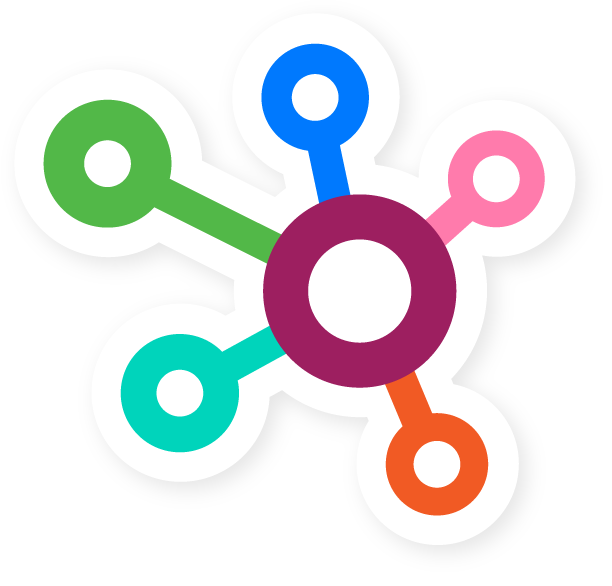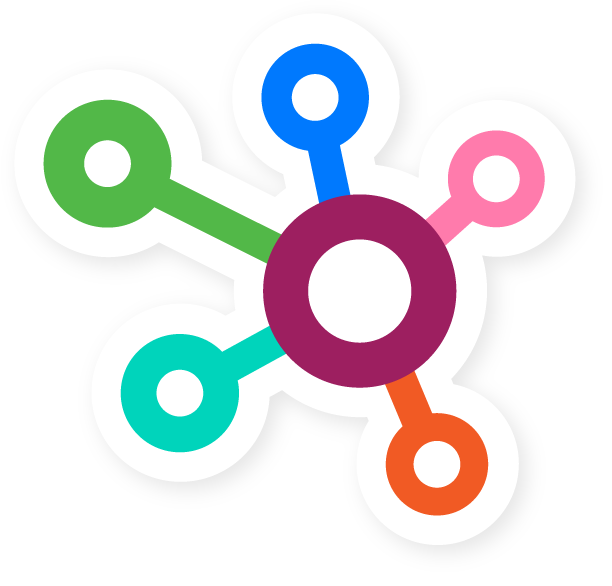Ad Optimizations – What Does CyberMark Do?
Ad Optimizations 101
As part of advertising management, specialists will make minor optimizations to the campaigns throughout the month to improve or maintain performance. Common optimizations include:
- Bid adjustments
- Negative keywords
- Audience adjustments, including additional ad sets
- Pausing underperforming ads and creating new ones
- Refreshing campaigns
- Landing page optimizations
- Adding new keywords from search terms report
- Bid strategy changes
- Budget pacing
On our performance calls, we may offer recommendations that require major optimizations. These are changes that require client approval to proceed. Common examples include:
- Budget change
- Offer change
- Geo-target addition or removal
- New campaign types on Google, such as display
- New campaign types on Facebook outside of the norm, such as Messenger
- Add-on services, like call tracking, landing pages, and additional channels
Optimizing for leads and/or conversions
When we optimize campaigns for leads or conversions, our goal is always to drive the most qualified results within your budget. There are 3 ways to influence the performance of lead generation or conversion campaigns.
Lead = new contact generated that is interested in your services
Conversion = can be a lead, but also an online booking, sale, or other action that you consider the highest value online.
The table below has more information on each of the KPIs that we evaluate in order to optimize the ad accounts. Refer to this article for an overview of how our franchise advertising program works. Curious about ad benchmarks? Check out these metrics from industries that CyberMark works with, and visit www.wordstream.com/online-advertising-benchmarks for a high-level view of benchmarks for various industries.
Optimizing for Awareness
Unlike lead and conversion campaigns, awareness campaigns are focused on serving the most qualified impressions (AKA ad views) within your budget. The table below has more information on each of the KPIs that we evaluate in order to optimize the ad accounts.
Optimization Period: 90-120 days
Campaigns can take 90-120 days to optimize. During that time, the campaigns will still get results however performance may be more volatile as the algorithms adjust to the market and we make changes to the campaigns to hone in on what’s driving the most results.
Note: We do not recommend making any major changes to ad campaigns in the first 90 days, with the exception of limited-time campaigns, such as grand openings. Examples of major changes are: budget decreases, landing page/destination url, offer, creative, copy, campaign objective, etc.
First 30 days
- Adding negative keywords to exclude our ads from showing on any irrelevant searches in your area
- Analyzing search volume and auditing keywords to identify new opportunities for keyword variations based on how people in your area search
- Reviewing initial conversion rates and making small adjustments to bid settings
- Analyzing audience performance
- Pausing underperforming creative
First 60 days
- Analyzing geographic performance by searcher location. This helps us improve your ROI by focusing on more valuable areas and removing or reducing our presence in lesser-performing zip codes
- Analyzing time of day performance. We can add in a schedule based on when people are more likely to take action
- Reviewing budget and daily spend. Some markets are more competitive than others. We want to make sure you’re not losing out on potential customers due to budget.
- Analyzing ad variations. Some ads perform better than others in different markets. We test and learn which work well for you and add more to continue testing.
- Starting retargeting to website visitors that have not converted
First 90 days
- Revisiting campaign structure to ensure the budget is being used as efficiently as possible
- Evaluating under-performing keywords and reducing or eliminating spend toward them
- Analyzing audience performance and making bid adjustments based on performance
- Implementing new features from Facebook or Google Ads
- Testing brand-wide strategies and best-practices
- Adding retargeting bid adjustments
- Evaluating landing page performance and adjusting copy as needed
First 120 days – Ongoing
- Auditing keywords for new opportunities and excluding search variations that are not as relevant
- Continually testing new ad copy, keywords, match-types, bid settings, etc.
- Continually evaluating under-performing keywords/ads and reducing or eliminating spend toward them
- Implementing new features from ad platforms
- Continually testing brand-wide strategies and best-practices






